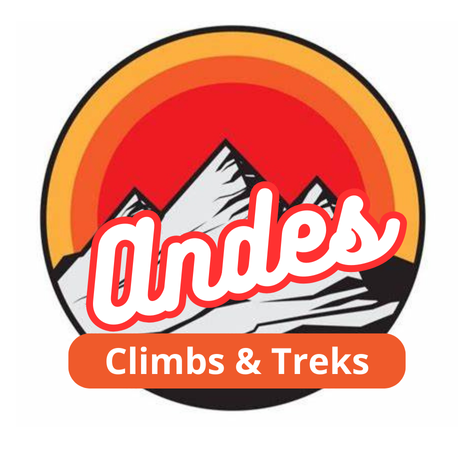If you’re planning to do one of our expeditions, understanding the policies and procedures is essential. At Andes Climbs & Treks, we take your safety, preparation, and overall experience seriously. This guide outlines what you need to know before taking part in our climbing and trekking Ecuador adventures.
Whether you’re climbing Chimborazo or trekking the Altar Lagoons, these guidelines will help you prepare with confidence.
Terms of Payment
To confirm your reservation, full payment must be completed before the start of the trip. Once confirmed, your booking is considered final. If you cancel, the following fees apply:
- 50% of the total price if canceled 8 days before
- 75% if canceled 4 days before
- 100% if canceled 1 day before
However, If you fall ill before your trip, we may reschedule or adjust the itinerary depending on operational costs.
Requirements for Mountaineers
Participants must be in good physical condition, with adequate acclimatization to high altitudes (above 4,000 m / 13,100 ft). High-altitude expeditions are physically demanding and a mental preparation. Take place in remote potentially dangerous environments.
You must understand the risks:
- Accidents, injuries, and losses are possible
- Participation is at your own risk
- Personal travel insurance that covers adventure activities is mandatory.
- Weather delays are inherent to this activity.
Responsibilities of the Organizer and Guides
All trips are led by certified and experienced mountain guides. Our responsibility includes:
- Full logistical coordination
- Ensuring group safety
- Making real-time decisions regarding route or weather conditions
Please note: The guide has the authority to stop the ascent or modify the itinerary for safety reasons. Ignoring guide instructions may result in removal from the group and possible legal consequences.
Important Safety Warning
Most summit climbs require typically 9 to 12 hours for the round trip.
- For safety, summits are only attempted around 7:00 AM
- After this time, glacier and snow conditions become unstable
- Physical exhaustion at altitude can be severe and dangerous
- Transitioning safely from high camps to the summit and back is key.
Our goal is not just reaching the summit—but returning safely with a story worth telling.
Travel Smart. Climb Safe.
For any questions or further details, feel free to Contact Us.
